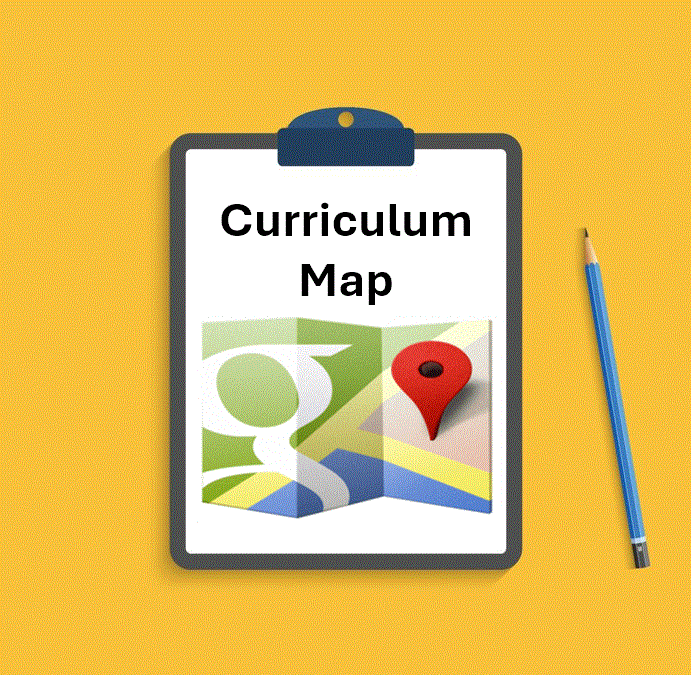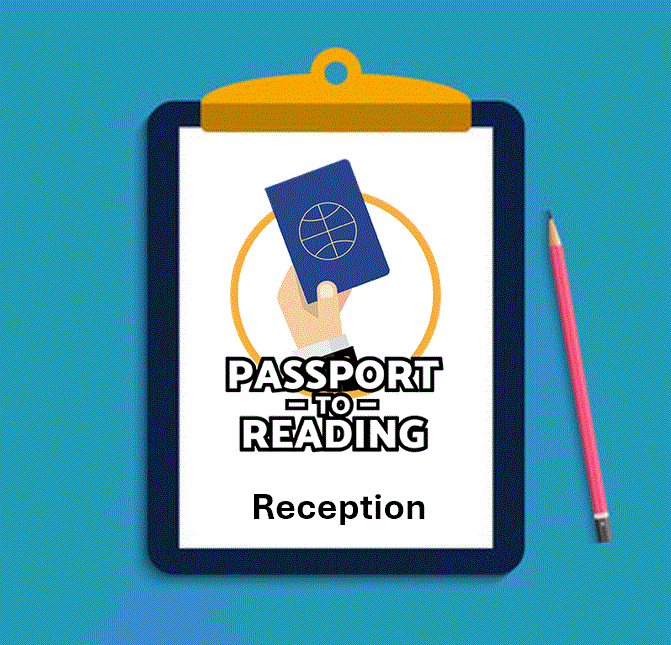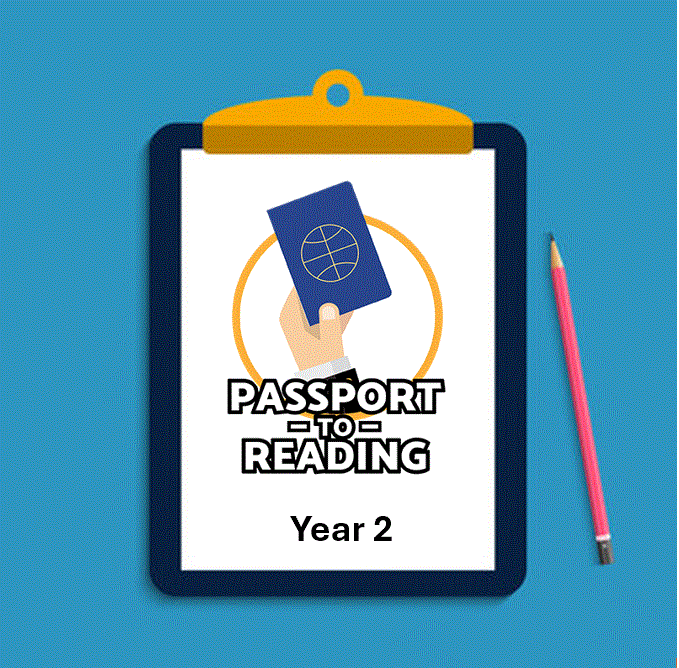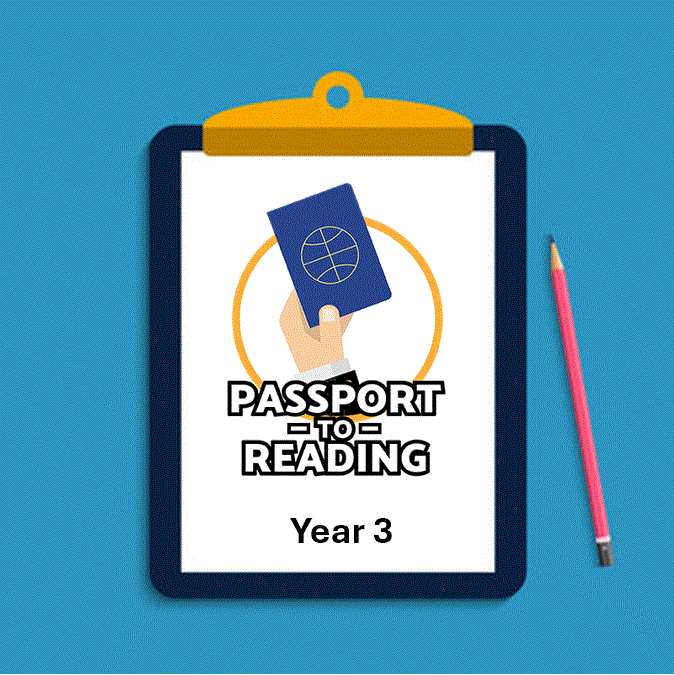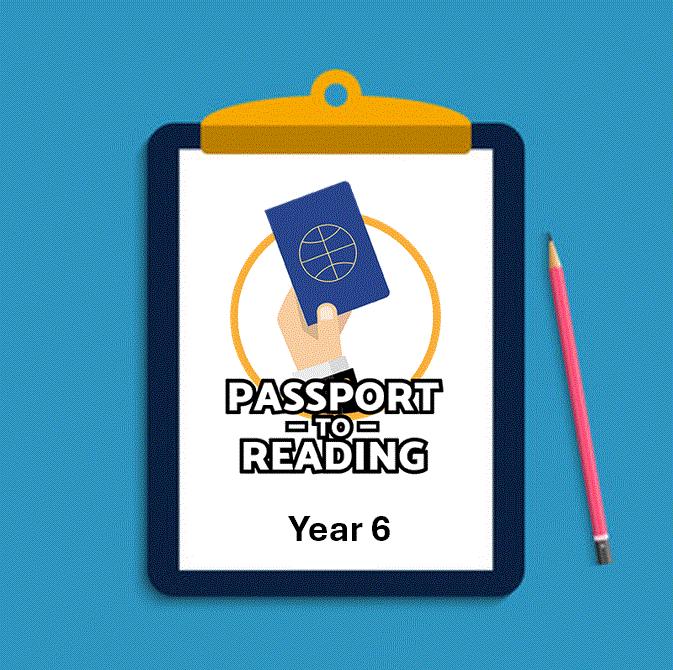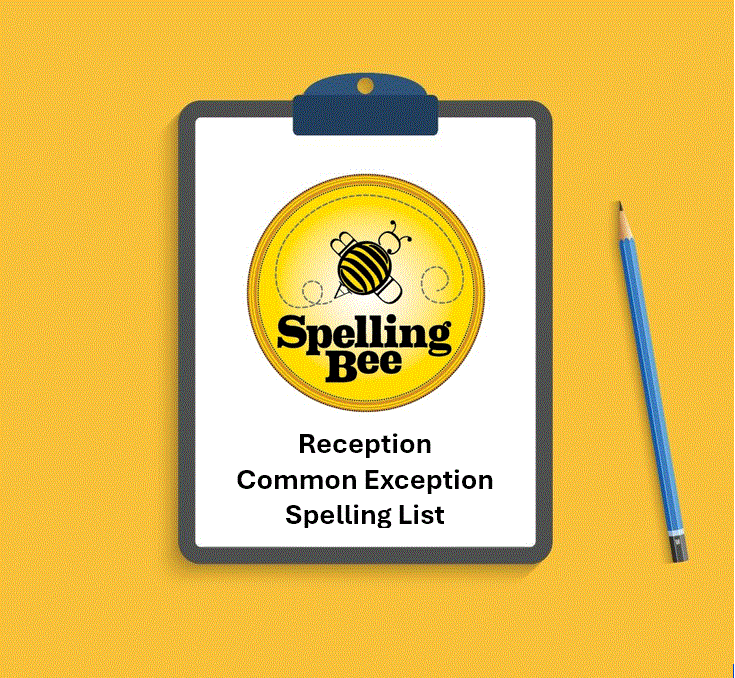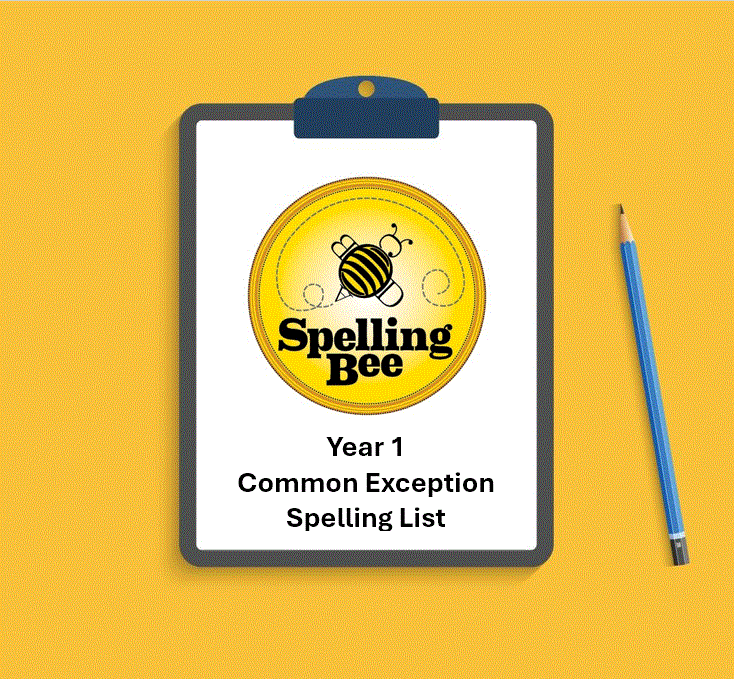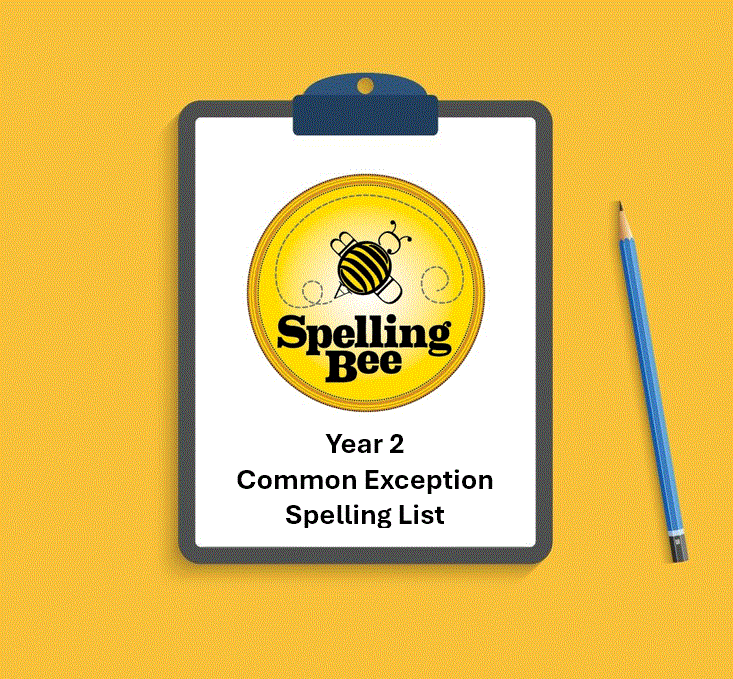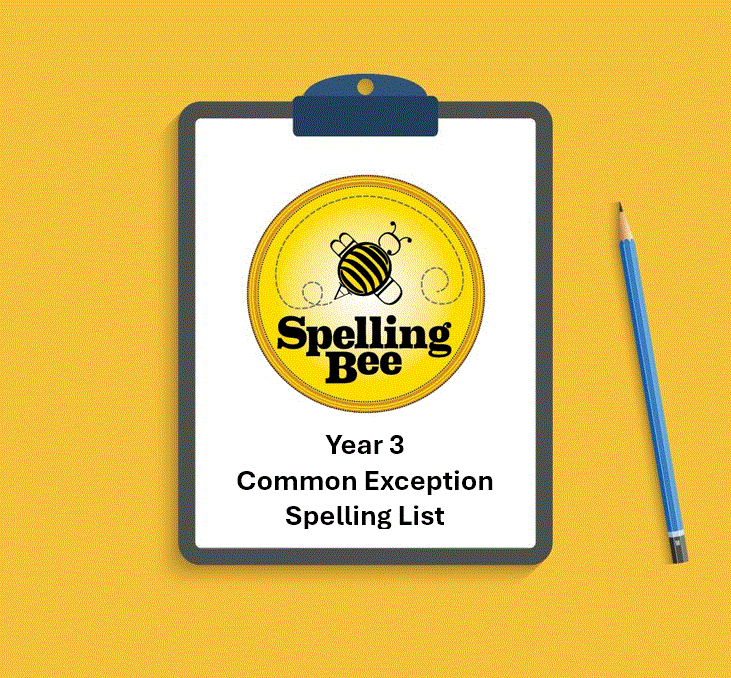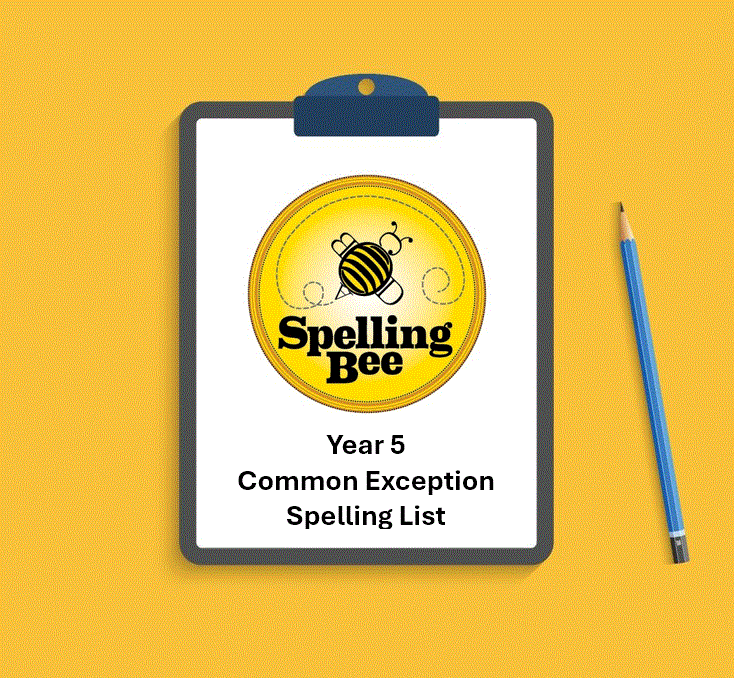English

Reading Intent:
At Ashdon Primary School we believe that reading is an essential life skill and we are committed to enabling our pupils to become lifelong readers. At the heart of our strategy is our drive to foster a love of reading, enriching pupils' learning through carefully designed teaching activities that utilise imaginative stories and thought-provoking texts. Reading is a skill that enables pupils to develop their learning across the wider curriculum and lays the foundations for success in future lines of study and employment. We recognise the importance of taking a holistic approach to the teaching of reading in order to close any gaps and to target the highest possible number of pupils' attaining the expected standard or higher. We have high expectations of all pupils and we encourage them to challenge themselves, persevere and pursue success.
Reading Implementation:
At Ashdon Primary School we use a systematic/synthetic phonics programme called Monster Phonics. This programme is a method of learning letter sounds and blending them together to read and write words. This is supported by a comprehensive scheme of reading books provided by Monster Phonics. EYFS, Year 1 and 2 have daily phonics sessions working through the phases either individually or in small group sessions. Some KS2 pupils also continue to partake in some one-to-one phonis sessions if necessary. Pupils also have the opportunity to read texts with greater independence and apply their skills when responding to the wide range of domain questions. All year groups take part in shared reading where pupils explore different genres and answer questions on various texts.
We also have termly 'Library boxes' where pupils have a very wide range of books that they can read in class or take home to read. We are very proud of our reading shed in the playground where pupils can sit in the reading shed and read either their own book or choose a book to read to younger peers. We are also introducing the 'Reading Passports', additional to the guided reading books that every child in school receive. These books are suggestions made by the National Curriculum for pupils to read. We have guided reading sessions where every pupil in EYFS and KS1 receive three books to read at home. These books consists of a Monster Phonics book, a Big Cat Collins schemed book and a free choice book. Pupils in KS2 receive two books, a Big Cat Collins schemed book. Pupils in KS2 that need to continue learning their sounds will receive three books as like the pupils in KS1. Pupils are listened to on a weekly basis (mostly 2-4 times per week) across the whole school. At Ashdon Primary School we believe that regular reading at home is an important tool when developing reading skills.
Reading Impact:
As we believe that reading is key to all learning, the impact of our reading curriculum goes beyond the result of statutory assessments. Pupils have the opportunity to enter the wide and varied magical worlds that reading opens up to them. As they develop their own interest in books, a deep love of literature across a range of genres cultures and styles is enhanced.Through the teaching of systematic phonics and reading enquiry, our aim is for pupils to become fluent and confident readers who can apply their knowledge and experience to a range of texts through our curriculum.
The impact of the teaching of reading is assessed throughout the year using independent comprehension activities, allowing pupils to apply taught skills. In addition to this, summative reading assessments are used to support teachers’ professional judgements on attainment. We also use formative assessments termly through PIRA tests.
These assessments and independent comprehension activities are used to inform class teachers, SLT, the English Lead and SENCo to identify any areas of the curriculum or pupils requiring targeted support. They also inform the next steps in teaching.
All assessments and judgements are reviewed termly through regular book looks, planning checks and learning walks. These judgements are then discussed in termly Pupil Progress Meetings with all teachers, headteacher and SENCo.
Through a rigorous assessment system, we will develop independent readers who will have developed the necessary skills needed for secondary school and beyond. At Ashdon Primary School, we are firmly committed to creating readers for life!
Reading Passports:
Writing Intent:
At Ashdon Primary School, we are writers! We believe in the power of words and are committed to creating writing experts! We aim to inspire the next generation of authors, journalists, bloggers and teachers. In the words of Albus Dumbledore (J. K. Rowling), ‘Words are our most inexhaustible source of magic.’ At Ashdon Primary School, we are dedicated to instilling our pupils with the knowledge and passion they need to be successful writers, who have developed their own style and voice. We want our pupils to go forth equipped for secondary school and beyond with the literacy skills necessary to thrive in life. Our high-quality text based writing curriculum provides our pupils with vocabulary-rich learning and exposes them to a wealth of different authors and styles. We want to inspire every pupil at our school to use words to tell their own stories, express their uniqueness and individuality and stand up for rights and opinions of others. A passion for writing is encouraged through exposing our pupils to a wide variety of genres and focusing on the audience and purpose of each text. Our book-centred approach allows our pupils to practise their writing skills, develop their own voice and be inspired by the words of others.
Writing Implementation:
At Ashdon Primary School, writing is taught on a daily basis from Reception to Year 6 alongside extended pieces of written work in the wider curriculum. We use 'Immediate Over the Shoulder Feedback' to ensure that every pupil have an opportunity to correct their work and also achieve. Each literary genre within the Hamilton Trust schemes usually lasts around 15 days each, dependent on the genre. The pupils follow a structure which progressively builds their knowledge and skills so that they are able to independently write a piece of extended writing by the end of the last unit.
Pupils begin their unit unpicking the key features of a text, discussing the purpose of the writing and identifying the audience of the written genre. They may also begin with a reading comprehension activity based on the text they are studying in class. Some units may also begin with a ‘hook’ based element including media clips, drama and whole class discussion work. Spelling, Punctuation and Grammar is always incorporated withing these units of work. Once the pupils have explored the purpose and features of a text, they will then spend some lessons practising grammatical skills either based around the genre or identified from teacher assessment. Before the writing stage, pupils will get the opportunity to evaluate the effectiveness of sample written work, or they will plan their independent piece. After the draft piece is written, through adult feedback, peer feedback and self-assessment, pupils at Ashdon Primary School get the opportunity to edit and evaluate the effectiveness of their writing before writing up the final piece in best. Teachers also model features and a high quality text to pupils to encourage high expectations. Each English lesson follows the same structure.
Lessons begin with an Do Now Activity (DNA), which may have a grammar or vocabulary based focus. After this. Once they have had the new learning, they move into being able to practise skills through teacher modelling, paired work and independent work. All pupils then get to deepen their understanding of the learning before completing their independent task. At the end of the lesson, the opportunity to review the learning and share writing is given. All pupils complete the same independent activity, but support material is available to ensure that all pupils can achieve at their level. Incorporated in the English lessons, pupils from Year 1 – 6 have spelling lessons, which explicitly teaches the spelling rules taken from the national curriculum. This is the same for Spelling, Punctuation and Grammar. We also encourage pupils to learn to spell the Common Exception Words for each year group among other subject specific words. We also encourage pupils to use idioms, metaphors, personification, alliteration, rhyme, onomatopoeia, hyperbole etc. in their writing and celebrate these by showcasing their work in assemblies, newsletters and visiting the headteacher for a reward/sticker. We focus on narrowing the gaps in SPaG, identified from summative and formative assessments.
Formative assessments are conducted using the GAPS tests every term. Peer and self-marking can be used, so children receive immediate feedback about their successes in the lesson and can be targeted for additional support. Pupils make their corrections in green pen and may do additional response to feedback work. Pupils receive regular ‘practise’ tasks allowing them to review their learning and complete further challenges around this. Assessments are used to identify gaps in learning and to subsequently allow for the planning of interventions for pupils who require this. In particular, pupils for whom the school receives Pupil Premium funding and pupils with a related identified SEND in writing or SPaG.
Writing Impact:
The impact of the teaching of writing is assessed using progressive target sheets for pupils' independent work which are in line with the National Curriculum and outlined for each year group. Pupils in Upper Key Stage 2 are increasingly aware of these and are able to create their own checklists to support them when self-assessing and editing their independent work. In addition, spelling and grammar are assessed and tracked termly (with additional weekly spelling tests) which are used alongside writing moderation to help secure accurate judgements of attainment and progress. All assessments and judgements are reviewed termly through a validation process where data, pupil's books and teaching are discussed with the SLT to ensure accuracy in assessment. Through a rigorous assessment system, we will foster independent writers who will have developed the necessary skills needed for secondary school and beyond. At Ashdon Primary School, we are firmly committed to creating writing masters!
Common Exception Spelling Lists:
Phonics Intent:
At Ashodn Primary School, we recognise the fundamental role reading plays in pupil’s lives and we will strive to help them become fluent and confident readers. We recognise the impact reading ability and enjoyment has on a pupil’s future academic achievement, well-being, and success in future life. The reading and writing of Standard English, alongside proficient language development, is the key to unlocking the rest of the curriculum. Pupils that cannot read fluently are at risk of not fully accessing the wider curriculum. It is our aim that all pupils develop a love for reading, language, and books.The start of this journey is rooted in systematic synthetic phonics. Phonics is the starting block for all areas of the curriculum and is fundamental to the reading process. The phonics programme we follow at Ashdon Primary School is Monster Phonics. Monster Phonics is a highly engaging, structured, synthetic phonics programme. It facilitates learning by using monsters to group graphemes for recall and act as an easy and fun memory cue for pupils. It also uses colour-coding to highlight the grapheme when teaching a new grapheme. Once taught and secure, the colour is removed.
Monster Phonics matches the Reception EYFS framework and KS1 Spelling Curriculum. It progresses from simple to more complex phonic knowledge and skills, building on prior knowledge. The main principles of systematic synthetic phonics teaching are followed, allowing pupils to become confident and successful readers, spellers and writers from a very early stage in their school life. Each monster has a backstory, and these are used in all areas of the phonics programme. Ten monsters and corresponding colours represent the areas of phonics that present the biggest obstacles to learning. To increase the proportion of pupils achieving the ‘expected’ standard in phonics.
Phonics Implementation:
At Ashdon Primary School we follow the DFE approved Monster Phonics scheme. Phonics in EYFS and KS1 is delivered as in small streamed groups. Initially pupils are in their year groups, however they are moved according to their ability as soon as staff anticipate that they are ready to be moved up to a different group. We also incorporate some interventions and possible one-to-one sessions recapping sounds and decoding of words where need is identified. We do however rather follow a ‘keep up’ rather than a ‘catch up’ philosophy, where we use ‘in the moment’ assessment to address any misconceptions and gaps immediately. We have rigorous assessment trackers to ensure early identification of any pupils who may need extra support and plug any gaps in learning quickly. Intervention is timetabled in both reading and phonics for pupils in KS2. They have intervention sessions delivered by trained adults focusing on high order graphemes and CVC words. Parents are encouraged to engage with their child’s phonic learning by having access to the MP platform and unlimited access to books from school. All ‘new starters’ will complete a Monster Phonics ‘Baseline assessment’ to ensure clear starting points.
Phonics Impact:
The impact of our Phonics curriculum will be measured through:
-
The subject lead ensures that the National Curriculum requirements are met
-
Following guidance from the ‘Reading Framework’
-
End of Year 1 phonics data to match or exceed national averages
-
Year R and 1 to have clear target points across the year for pupils to be ‘on track’ to pass the Phonics Screening Check
-
Learning walks of the teaching of phonics and early reading to show high quality teaching.
-
Pupil outcomes are monitored in the following ways: book looks, discussions with staff
-
Sharing good practice among staf
-
The Phonics lead identifies clear next steps, which are determined by a cycle of monitoring, evaluating, and reviewing
-
Phonics Progress Pupil meetings held every term with the teacher to identify pupils who need additional support
-
Phonics Tracker data
-
Phonics screening check termly data
-
Regular training for all staff teaching phonics
Introduction to Monster Phonics:
You can use the Monster Phonics YouTube channel to learn more about our work.
Please click on the image below to find out more about Monster Phonics accessing their website and signing up for additional resources to use at home.







_png.webp)


